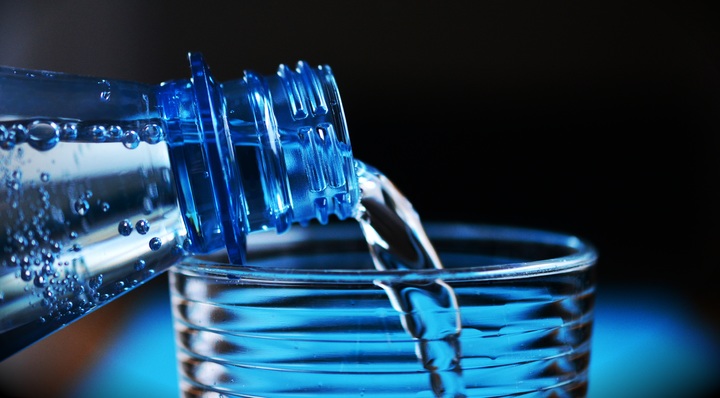The relationship between hydration and brain health is important — and becomes even more so as we age.
A hydrated brain is a healthy brain
“That relates to the fact that our thirst receptors age,” explains Dr Carol Greenwood, senior scientist and professor of nutritional sciences at the University of Toronto. “Older adults may not have the drive to drink as much as a younger adult does. This means that as we age we may have to consciously remind ourselves to drink in order to keep our fluid intake up.”
“We know that as people become dehydrated their cognitive function decreases quite substantively – to the point that you may see mental confusion in some people. That’s why it’s very important that older adults ensure that they are drinking sufficient amounts of fluid.”
According to dietician, Iris Weinberg, there are several reasons why older people are at higher risk of dehydration:
Our thirst receptors aren’t as pronounced, so we don’t get the same cues to drink as we used to.
Some common medications, such as blood pressure medications, are diuretics, which push water out of our body. Ask your doctor or pharmacist whether any of your medications have this side effect.
Some people may be on special diets that restrict fluids.
There may be functional changes, such as incontinence, so some people self-restrict to minimize the need to go to the washroom.
How much should an older adult drink each day?
“We recommend at least 1,500 ml per day which is equivalent to six cups,” says Weinberg. “This can be made up of coffee, tea, soup and other fluids. One way to ensure that you are drinking enough is by putting a container measuring 1,500 ml of water in the fridge in the morning and finish it by the end of the day.”

If you are on a diet which restricts fluid intake, speak to a dietitian. You may be able to increase your hydration by consuming foods high in fluid content such as soup, cooked cereals, yoghurt, pudding, and applesauce.
“If you exercise or spend time outdoors during warm weather, be aware that you need to replenish your fluids,” adds Weinberg. “The same goes for when you have a fever or an upset stomach ”
Warning signs that you or your loved one may be dehydrated:
– Reduced or concentrated urination
– Dry mouth
– Dry or sunken eyes
– Dizziness
– Rapid weight loss
– Increase in confusion or change in mental status
It’s possible to take in too much water if you have certain health conditions, such as thyroid disease or kidney, liver, or heart problems, or if you’re taking medications that make you retain water for that reason, you should check with your doctor to be sure you’re getting the right amount of hydration.























